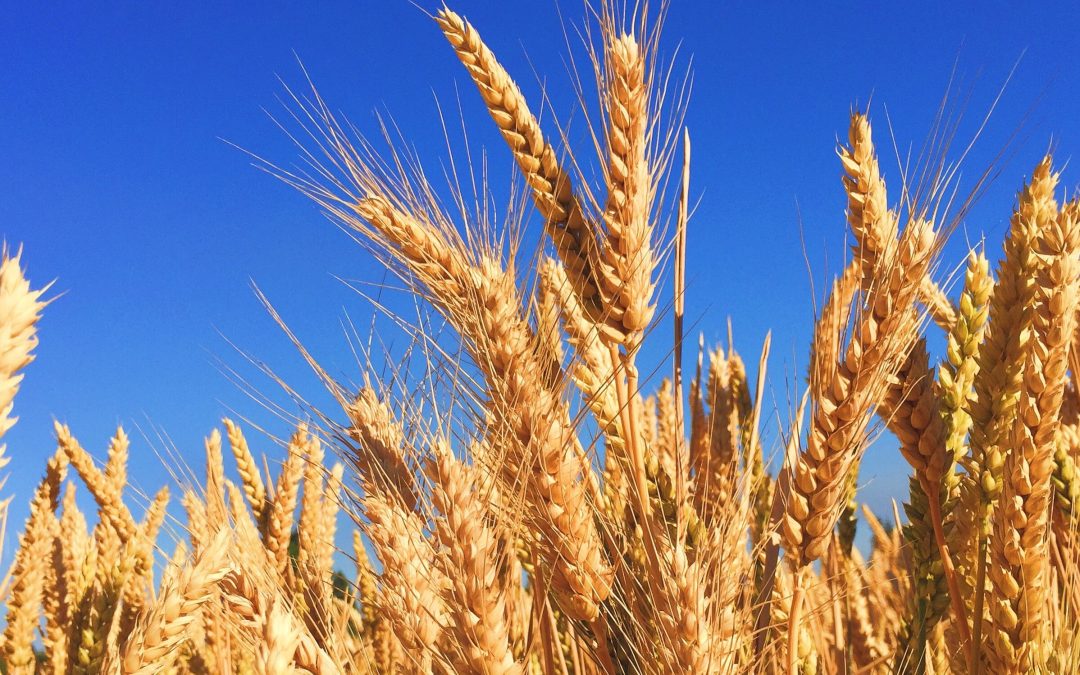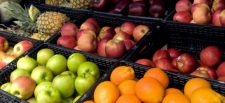The British Retail Consortium (BRC) has released its latest report on fresh food inflation, stating that in the year to August, prices rose 6.9%, while grain costs remain high.
Prices for meat, potatoes and various cooking oils have risen at “a less intense” rate, but grain exports continue to be costly due to Russia’s exit from the Black Sea Grain Initiative.
As well as this, India has chosen to place restrictions on rice exports, with the BRC stating that there are “dark clouds on the horizon”.
Helen Dickinson OBE, chief executive of the BRC said: “Better news for consumers as shop price inflation in August eased to its lowest level since October 2022. This was driven by falling food inflation, particularly for fresh produce such as meat, potatoes and some cooking oils.
“While inflation is on course to continue to fall thanks to retailers’ efforts, there are supply chain risks for retailers to navigate. Russia’s withdrawal from the Black Sea Grain Initiative and its targeting of Ukrainian grain facilities, as well as poor harvests across Europe and beyond, could serve as potential roadblocks to lower inflation. A potential £400 million hike to business rates bills from next April would certainly jeopardise efforts to tackle inflation unless the Chancellor intervenes.”
Chief economist expects food prices to remain high
Chief economist at the Bank of England, Huw Pill, said in early August that: “Unfortunately the days of seeing food prices fall, that does seem to be something that we may not be seeing for a little while yet, if in the future at all.”
He referenced the war in Ukraine and the export of grain out of the Black Sea as “hiccups” encountered while attempting to lower the UK’s food inflation rate.
The overall rate of inflation in July sat at 6.4%, down from 8.4%, but food price inflation was 13.4%. In March, food inflation was at a high of 19.2% – since then, it has decreased by 5.4%.









